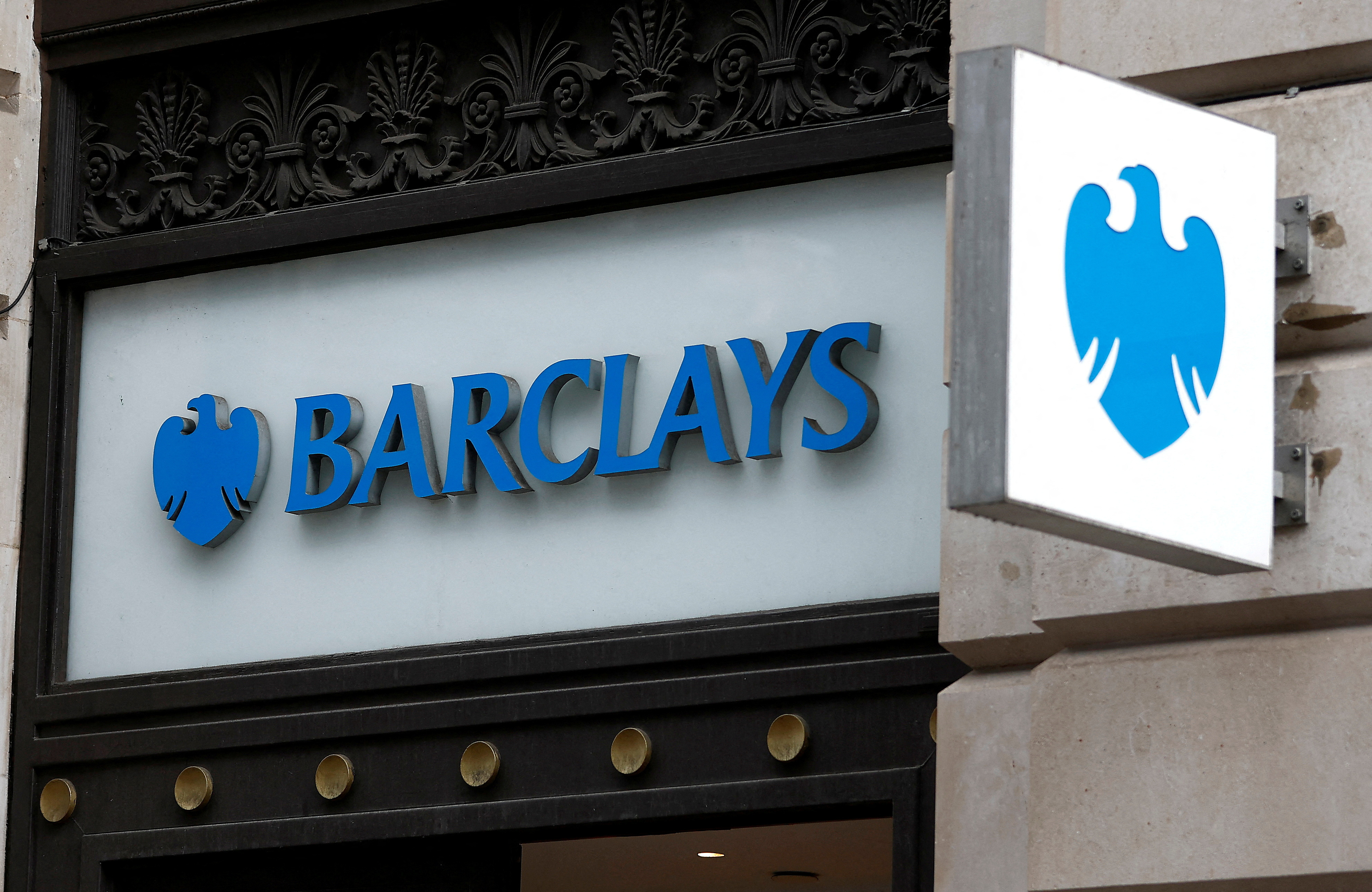Mortgage Rates on the Rise: What’s Behind the Increase?
Homeowners and prospective buyers have been hit with further increases to mortgage rates this week. Some of the UK’s biggest lenders, including NatWest, Santander, and Nationwide, have hiked rates on two and five-year fixed deals by more than 0.2 percentage points. These products are the most popular type of mortgage deal on the market.
The slight uptick in rates since late February has already had an impact on the housing market. Nationwide’s most recent House Prices Index blamed stuttering house price growth on the change in costs, while Go.Compare research has found affordability remains an issue - particularly in southern parts of England.
At least some of the blame lies with the 16-year high Bank of England interest rate. Swap rates, which are highly sensitive to any market uncertainty, soared earlier this month when the monthly average wage growth and headline inflation datasets came in hotter than expected.
But is the Bank of England entirely to blame for the rise in mortgage rates we’re currently seeing?
Mortgage rates have been on the rise
How Much Have Mortgage Rates Risen?
According to rate comparison website Moneyfacts, average rates sat at 5.9% for a two-year fix and 5.48% for a five-year deal as of Tuesday (30 April). It means rates have crept up by almost half a percentage point over the last two months.
Rates had been trending downwards in January and February ahead of expected bank rate cuts. While the gradual change of direction and the number of lenders upping their rates has created a bit of panic, especially for the 1.5 million households who will have to remortgage at some point in 2024, there is an important caveat to note.
Current rates are still well-below the highs seen over the summer of 2023. Last August, two-year rates threatened to top 7% and remained north of 6% until the new year. Meanwhile, five-year deals came in at almost 6.4% at their peak. Also, not all providers are hiking rates. For example, on Tuesday, Skipton Building Society said it was cutting some of its fixed and tracker products, and relaunching its high loan-to-value (LTV) products.
The other important thing to note is that the amount of products to choose from has risen. As of 30 April, there were 6,546 residential mortgage products to choose from. Not only was this 2% (150 products) higher than the previous day’s tally, but it’s almost six-times the number that were available to consumers in the wake of Liz Truss’s mini-Budget, when lenders pulled deals at a rapid rate.
Why Are Mortgage Rates Rising?
Some of the blame for the increase in mortgage rates can be blamed on the ongoing uncertainty over when the Bank of England will cut its interest rate. Last week, Danny Belton, head of lending at Mortgage Advice Bureau, told MoneyWeek that “swap rates have ticked up slightly on Bank of England interest rate expectations, and this is prompting a shift in the market.”
Nicholas Mendes, mortgage technical director at broker John Charcol echoed Belton, adding: “The market is in dire need of some positive movement from the Bank of England. Until we see a rate reduction we’re going to see a period of rate increases as markets start to be unsettled.”
This uncertainty was only increased by separate, contradictory speeches from senior figures at the Bank of England. Deputy governor Dave Ramsden suggested inflation - the economic force the central bank attempts to control through interest rates - was not as embedded in the UK economy as had been feared. Days later, the Bank’s chief economist Huw Pill said interest rate cuts remained “some way off”.
 Barclays mortgage borrowers offered discounted energy-efficiency check
Barclays mortgage borrowers offered discounted energy-efficiency check
Another factor contributing to the rate hikes we’re seeing is lenders trying to avoid a surge in customer numbers. Most people who are due to remortgage can lock in a rate up to six months ahead of their current fix expiring, and hop onto cheaper rates when they become available.
Barclays has extended its partnership with British Gas to help its mortgage borrowers improve the energy efficiency of their homes with a personalised plan of retrofit actions. Borrowers will be offered a British Gas Home Health Check for a discounted price, along with a free EPC to help improve their home’s energy efficiency.
The deal follows research by the bank that found that, while 70% of homeowners would like their homes to be more energy efficient, 35% said they were dissuaded from making energy-efficient improvements because they did not understand which upgrades were right for their property.
Meanwhile, just over 30% of homeowners said they did not have an up-to-date EPC, and nearly half said they would benefit from personalised recommendations to make their home more energy efficient.
 An 83-year-old “loan shark” has been ordered to pay back more than £173,000
An 83-year-old “loan shark” has been ordered to pay back more than £173,000
In other news, an 83-year-old “loan shark” has been ordered to pay back more than £173,000. A proceeds of crime hearing at Cardiff Crown Court on Monday was told Tabitha Richardson from Newport will have to sell her home to raise the funds. If Richardson does not pay the money back within three months she could face 21 months in jail.















